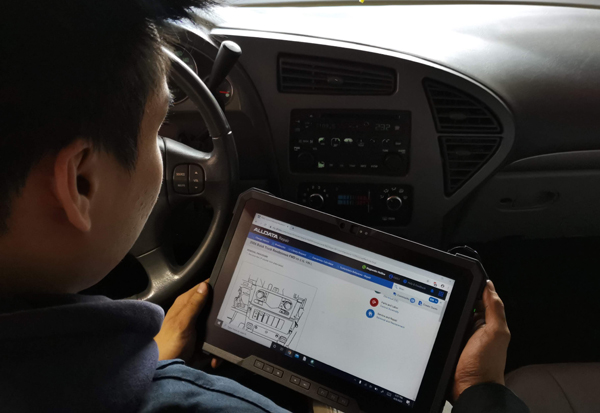Rumoured OnePlus Watch won't reportedly run on Google's Wear OS
 Monday, November 9, 2020 at 4:59PM
Monday, November 9, 2020 at 4:59PM 
The often-rumoured OnePlus smartwatch is reportedly coming to the market soon, and a new rumour gives us a surprising update on the wearable. A new leak from OnePlus tipster Max J claims the OnePlus Watch wouldn't ship with Wear OS. It isn't known what the company will use in its place. According to Max, it supposedly won't even come with a modified or skinned version of the wearable OS. The OnePlus Watch is allegedly launching sometime next year after it was initially expected to debut last month.
Source: 9to5Google






















